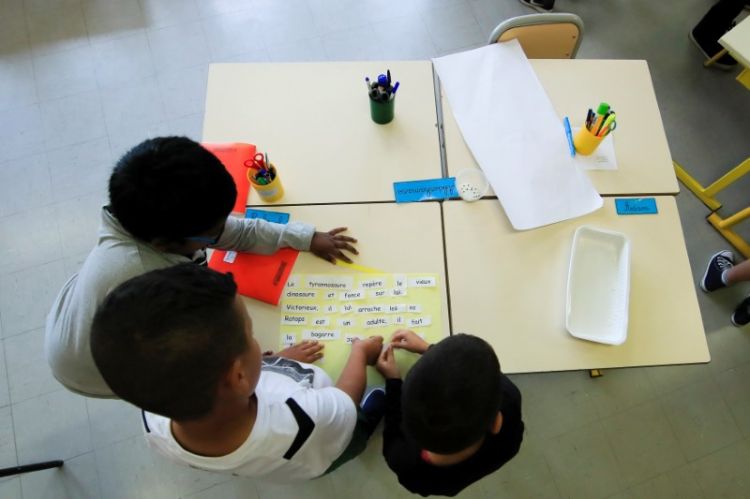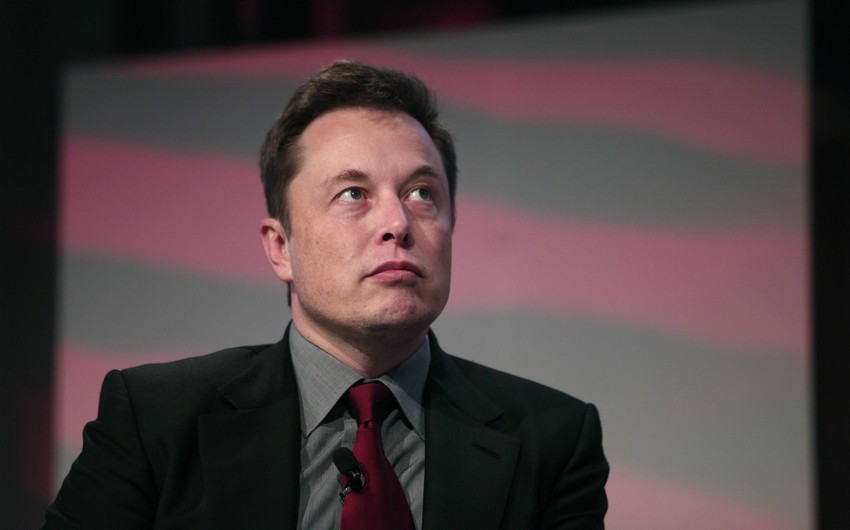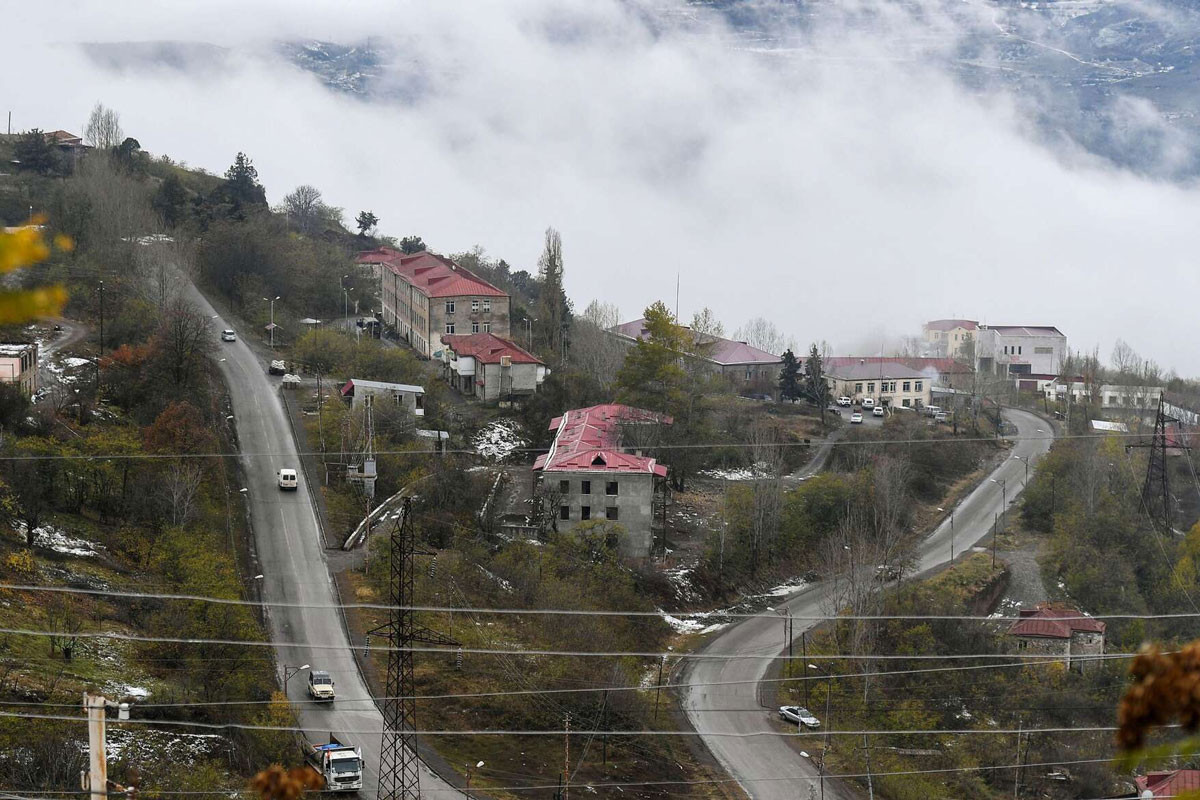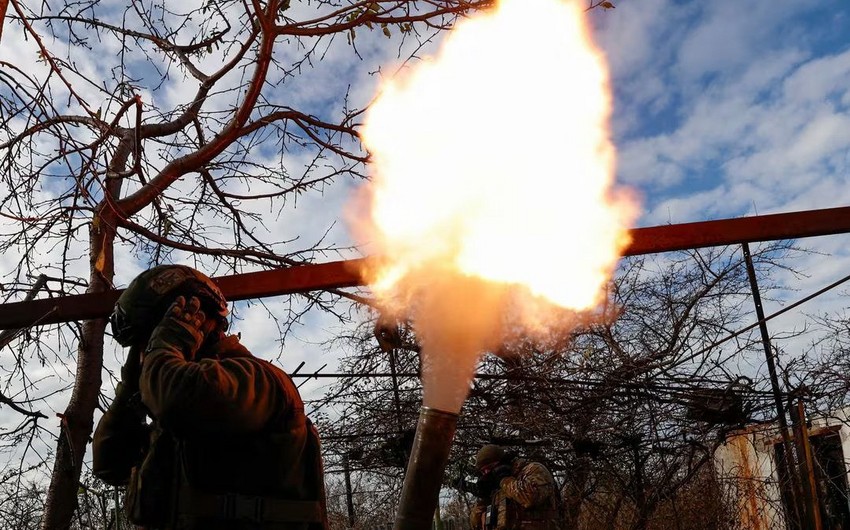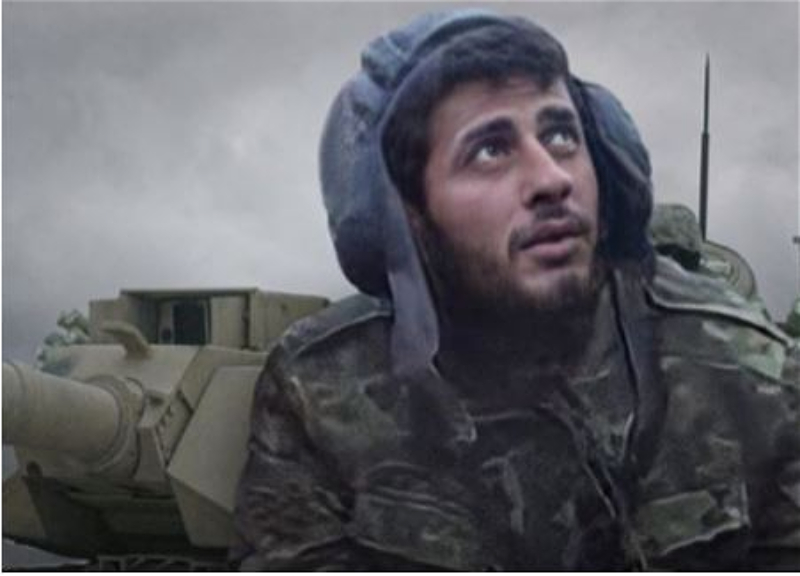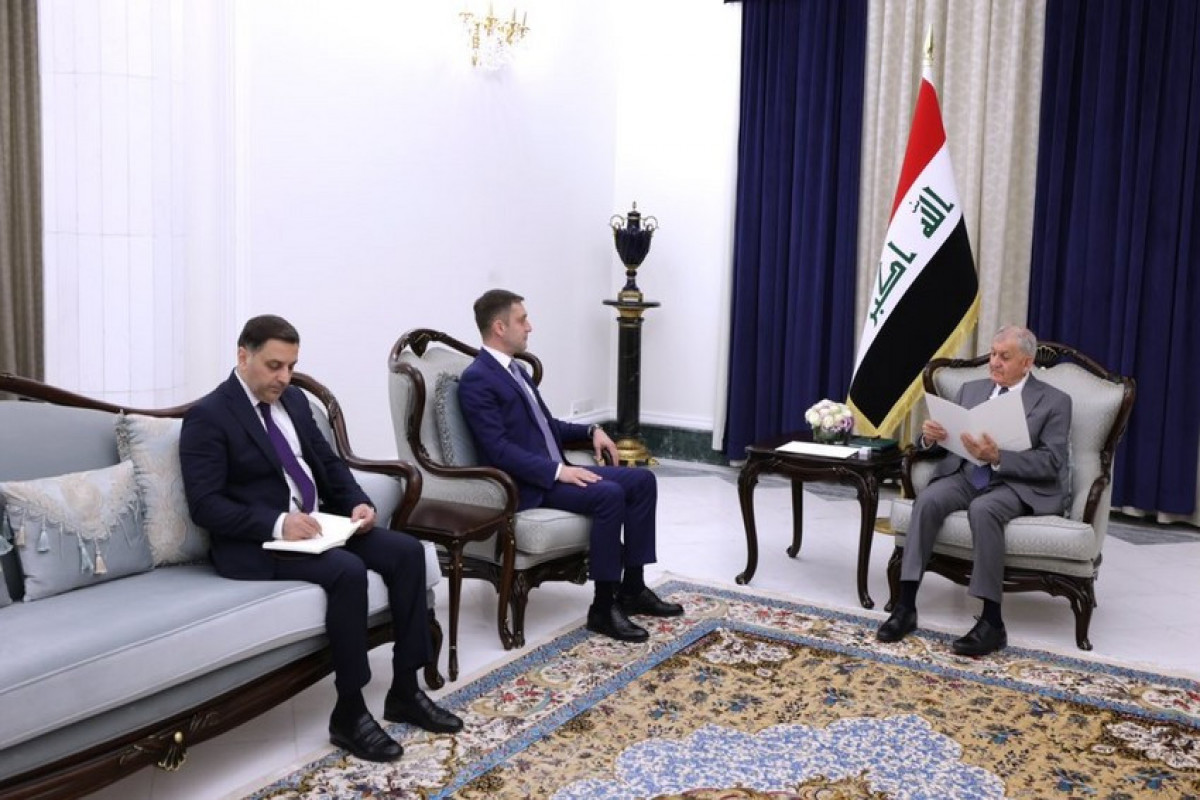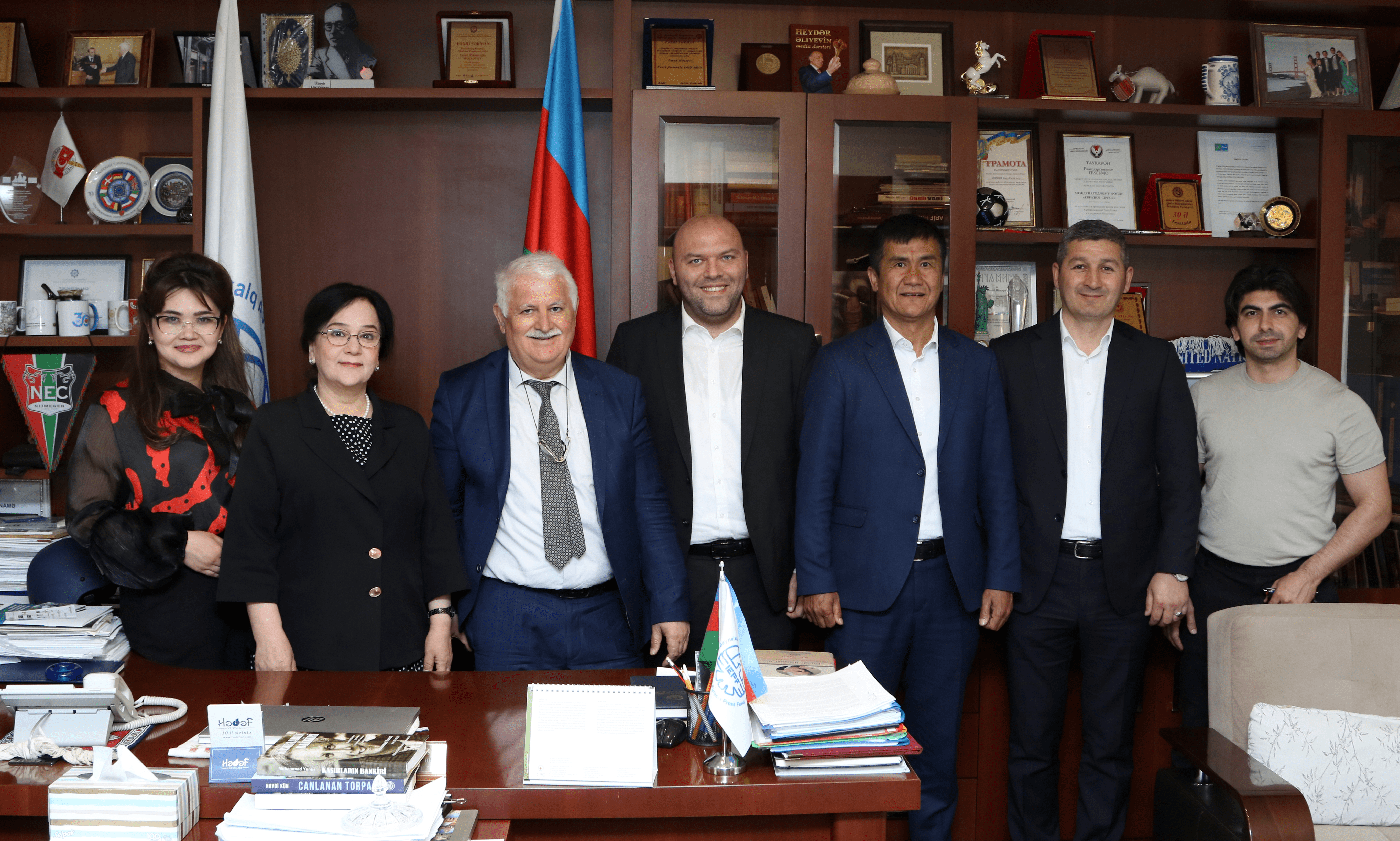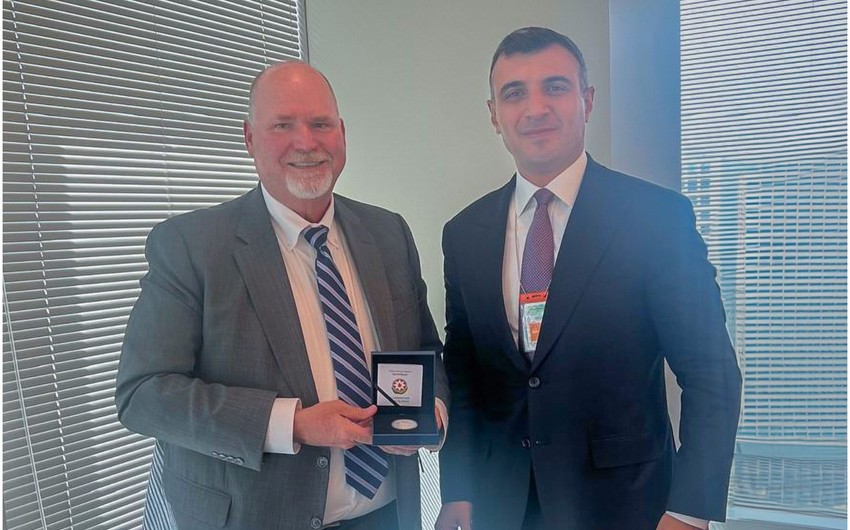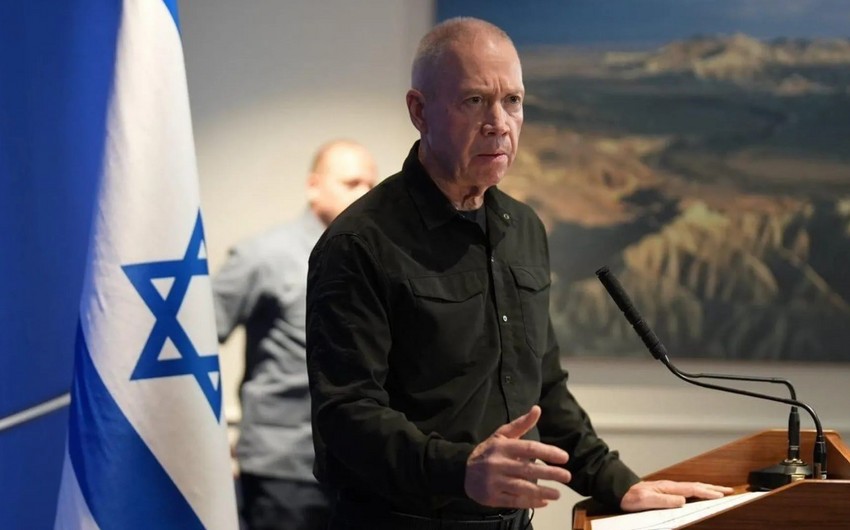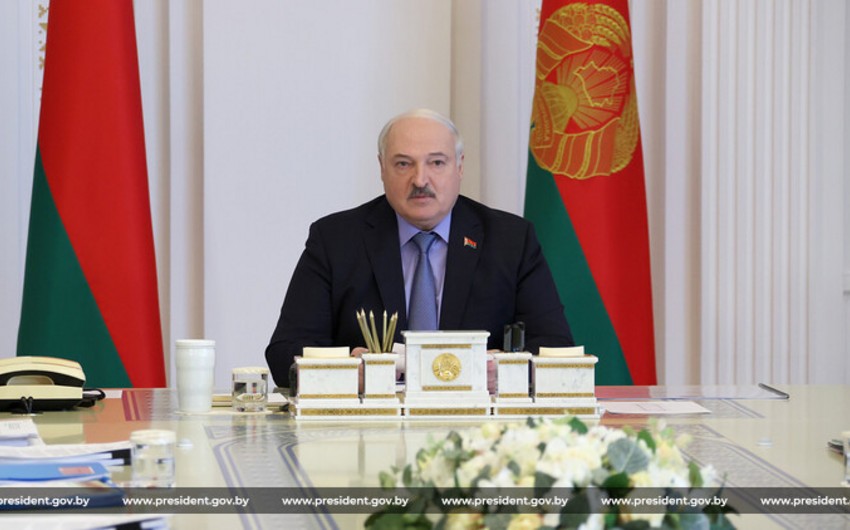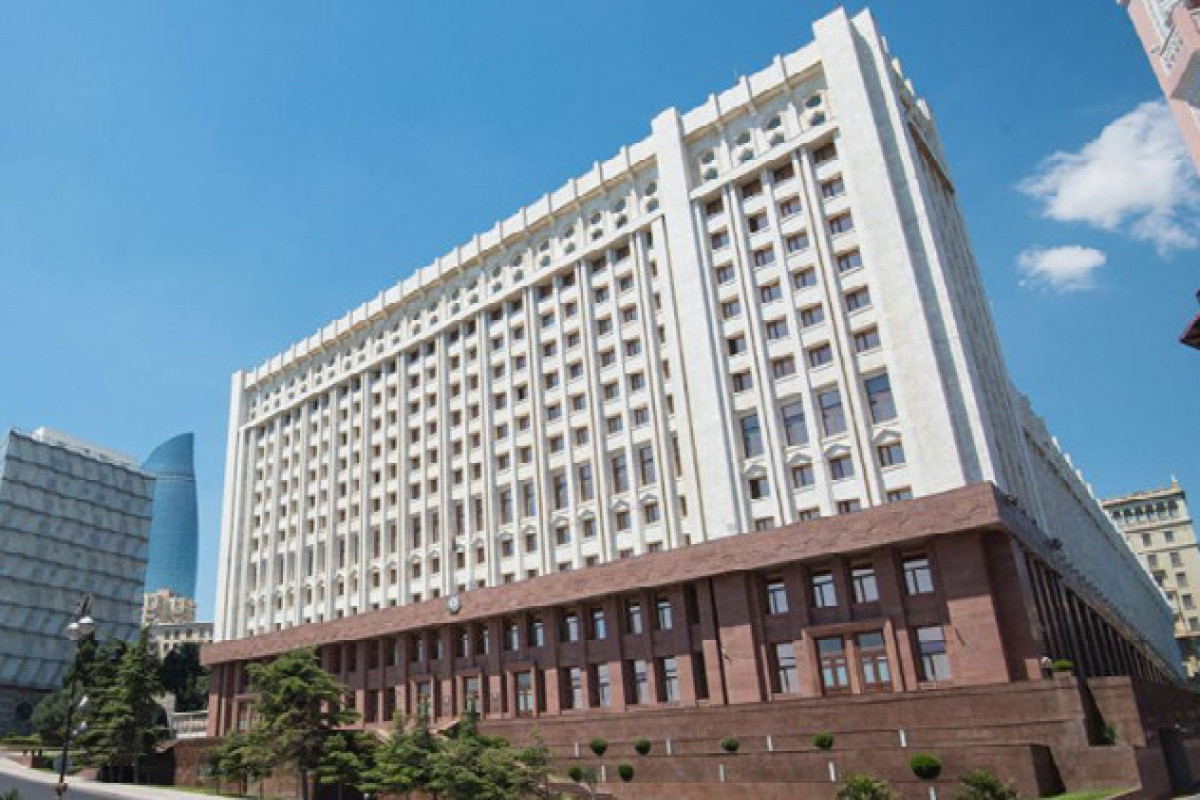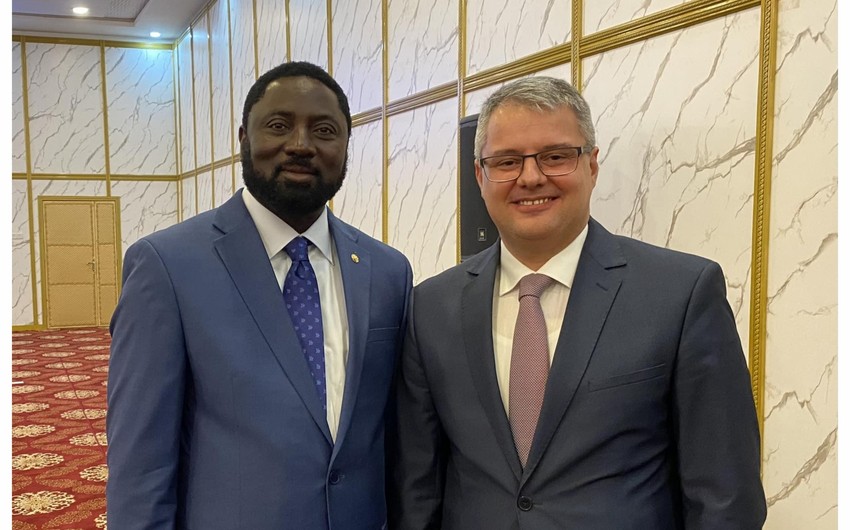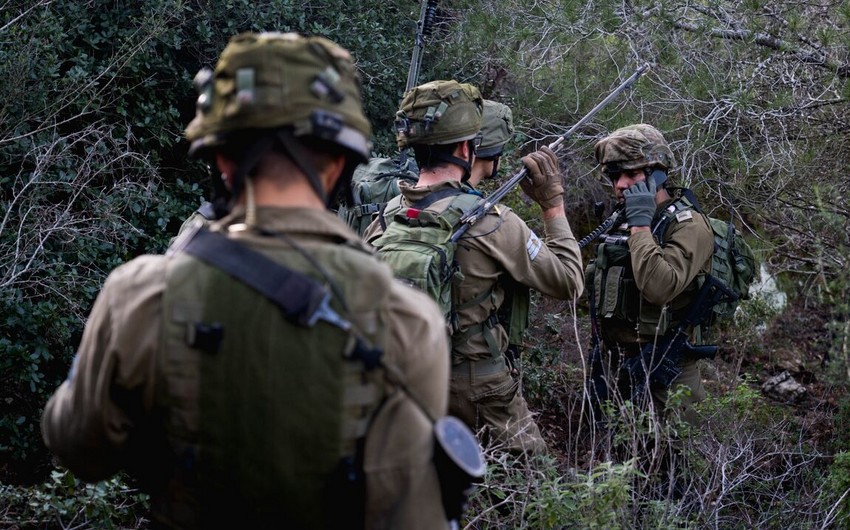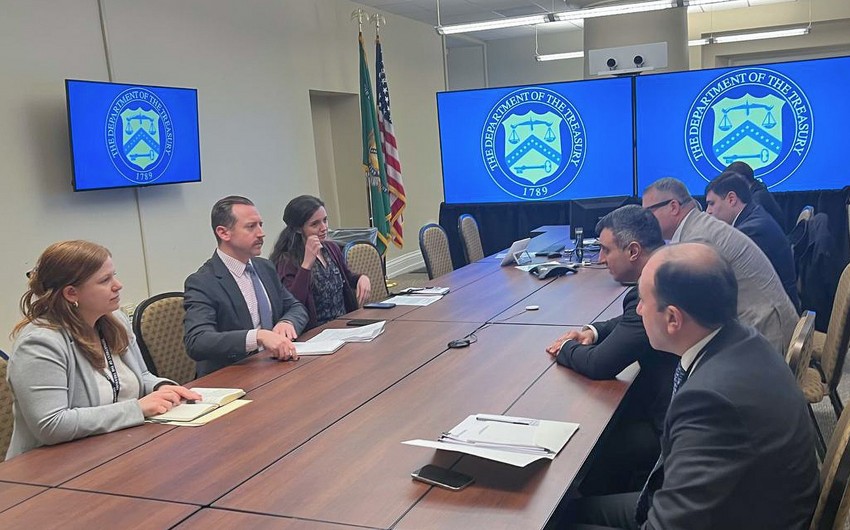In a primary school in a run-down neighborhood south of Paris, a teacher asks his first-year class how to spell words in a text on dinosaurs.
The enthusiastic six- and seven-year-olds eagerly raise their hands and answer correctly. All 10 are brimming with confidence after a full year with about half as many pupils in their class as in most French primary schools.
“No kid is left behind,” teacher Sebastien Ducoroy said after the lesson at Les Ormeaux school in the town of Montereau-Fault-Yonne, about 70 km (43 miles) south of the French capital.
The school is one of about 4,000 in deprived areas where the size of classes has been cut under reforms intended by President Emmanuel Macron to reduce inequality in education and prepare students better for the job market.
Education is the latest battleground in a campaign by Macron to remake France from its core, shaking up politics and revitalizing the economy to make it more competitive globally.
As in many other reform areas, the centrist president has encountered resistance from unions, protests and ideological divides but is managing to push through changes in education which he believe will help business as well as job seekers.
The reforms range from directives such as making school compulsory from the age of three instead of six and banning mobile phones in class, to encouraging the study of Latin and Greek and foreign languages.
But public attention has focused mainly on the smaller primary school classes, and on plans to overhaul the baccalaureat, the school-leaving exam introduced by Napoleon in 1808, and introduce an element of selection for universities. More scope to specialize is promised in areas such as computer science and coding, to match the needs of the digital world.
“From kindergarten to university, we’re changing everything,” Macron, 40, said in a television interview in April.
The plans have angered some French people. They see the reforms as an assault on a system that has long offered a nationally standardized curriculum under which every French citizen would be taught the same things wherever he or she was.
But Macron, who is married to his former teacher, wants to update the system to meet the needs of modern France better.
Pupils’ chances of escaping their socio-economic background are smaller in France than in any of the other 71 countries surveyed, according to an analysis by policy think-tank OECD in a global education study.
This does not chime with the national motto of “Liberté, Egalité, Fraternité” (Liberty, Equality, Fraternity) posted in every French school, or with Macron’s vision of French society.
Macron also wants to help employers who often complain they cannot find workers with the right skills even though the unemployment rate remains high at 9.2 percent.
Macron confident
Macron appears confident of forcing through what he calls the biggest changes in education since school became free and compulsory in France in the 19th century.
The reforms sailed through parliament, where his En Marche movement has a big majority, and protests have been more subdued than some French expected in a country where student strikes sparked widespread civil unrest in 1968.
Students occupied campuses earlier this year to challenge the introduction of slightly more selective entry requirements for universities but their protests have fizzled out.
So far, big business is broadly positive about the reforms.
Florence Poivey, who recently sold a plastics processes business after 28 years at the helm, welcomes changes she hopes will put more focus on giving school leavers practical skills.
“We clearly feel that the education system is changing, that those in charge of it realize that they need to not only educate citizens but also prepare young people for real life,” Poivey, who is now head of the education and training committee at Medef, France’s main employers group, told Reuters.
“We can see that countries that are ahead of us economically are countries where the education system is much more focused on preparing young people for their future,” she said, citing Germany, Switzerland and Denmark as examples.
At Les Ormeaux school, the reduction in classroom numbers has gone down well. Teacher Ducoroy, 42, was skeptical at first but said first-year pupils had learnt to read and write faster than in previous years.
Collecting her twin sons at the school gate, Fouzia Drief, 45, said she appreciated the amount of attention the boys received in small class.
“The teachers are able to take good care of them,” she said.
An opinion poll carried out among primary school teachers by the FSU, France’s biggest teachers union, also showed broad support for reducing the number of pupils in first-year classes in poor neighborhoods.
Head teacher Gerard Mouroux welcomed the policy but added a word of caution after seeing education reforms in the past overturned as soon as another government took office.
“We’d quite like for the reforms to last a bit, to let things settle and ... have some consistency throughout the school,” he said.
More hype than substance?
The reduction in numbers will be progressively extended to more first- and second-year classes to affect about 320,000 children, or about 15-20 percent of pupils of that age, in the 2019-2020 school year, Education Minister Jean-Michel Blanquer told Reuters.
“If you want to fight social inequalities, you must first of all fight against inequalities in the field of education, starting with the youngest ages,” he said, describing the aim as giving pupils from disadvantaged backgrounds “a good start.”
“We’re carrying out a deep transformation,” he said, underlining that changes were long overdue to boost pupils’ skills beyond a curriculum that focuses heavily on rote learning and little on initiative or speaking skills.
Opponents question whether the aims can be achieved.
“I’m really not sure all these reforms will contribute to fighting inequalities because they focus on (only) a few sectors (of society),” said Bernadette Groison, secretary general of the FSU. “Learning difficulties must be tackled throughout school.”
Some critics question the cost of Macron’s reform plan.
The Education Ministry said it could not provide an overall cost for the reforms though the reduction in class sizes will create a need for 3,000 to 4,000 new teachers a year over three years. The ministry budget for 2018 was 50.6 billion euros ($59 billion), making it the biggest area of government spending.
Frederic Marchand, secretary general of UNSA Education, France’s second-largest teachers union, said there was more hype than substance to the reforms — “a lot of communication and search for media buzz”.
He and other critics say some of the reforms are a throwback to the past rather than the progressive steps promised by the government. They cite a suggestion by Blanquer that schools must be free to introduce uniforms if they wish.
“Must there be uniforms? Should mobile phones be banned? I don’t think these are major issues,” said ex-President Francois Hollande, a Socialist. “I don’t call that an education policy.”
Marchand also accuses the government of bypassing the unions. This echoes criticism of Macron by other unions over a lack of consultation over other reforms — such as changes to labor laws, making it easier to hire and fire workers, and an overhaul of the debt-ridden state-owned railway company SNCF.
Those reforms prompted strikes and demonstrations but, unlike the protests that forced a conservative government to drop its reform plans in 1995, Macron’s plans remain on track.

